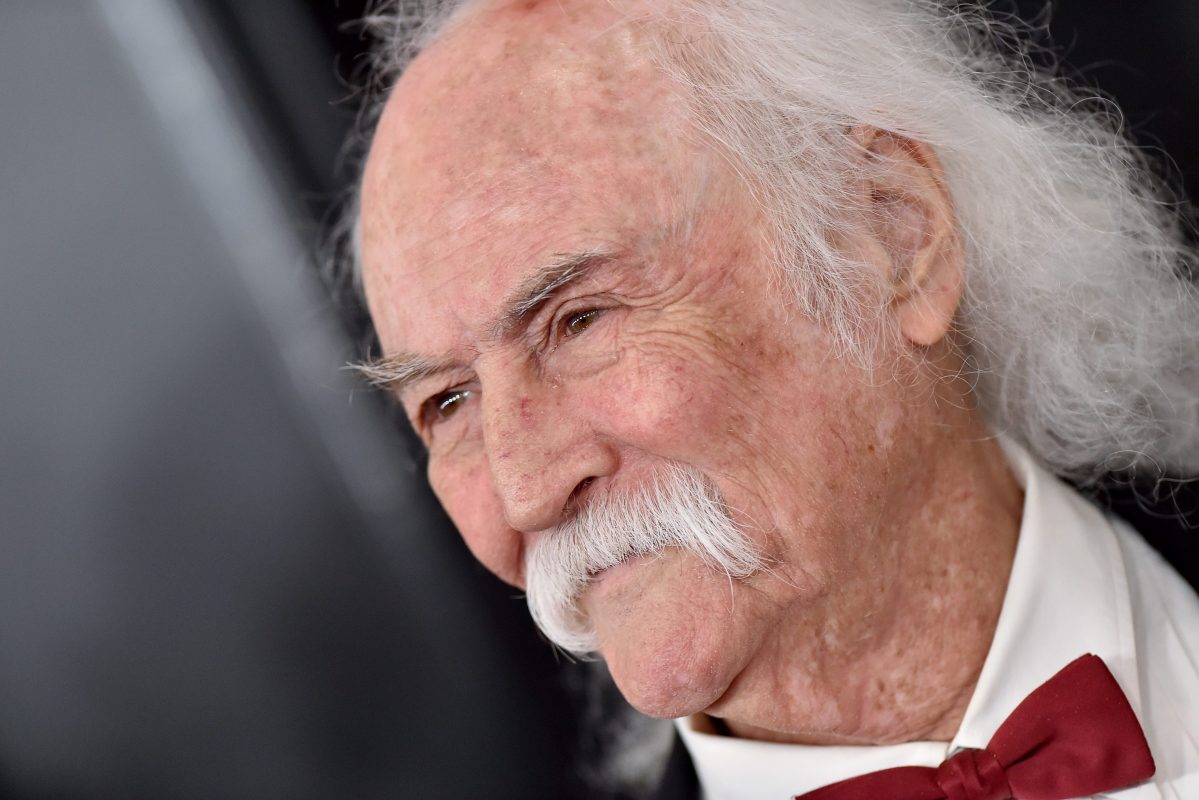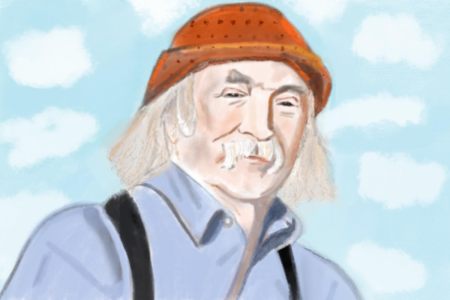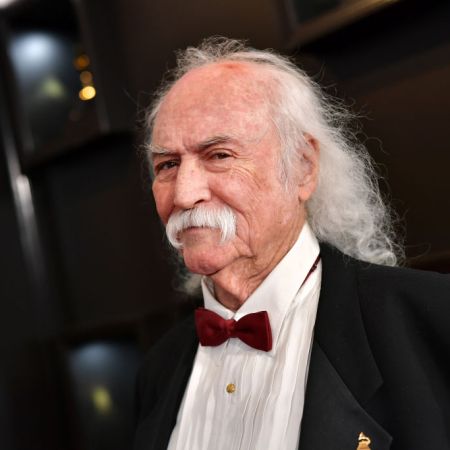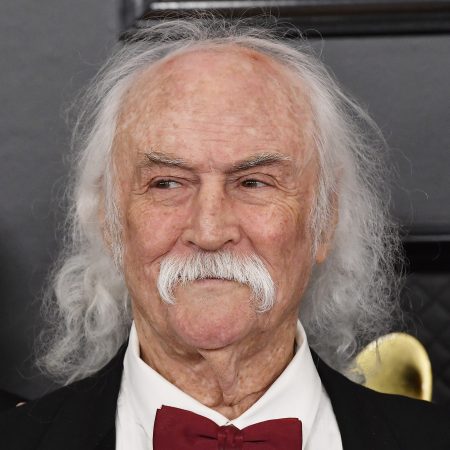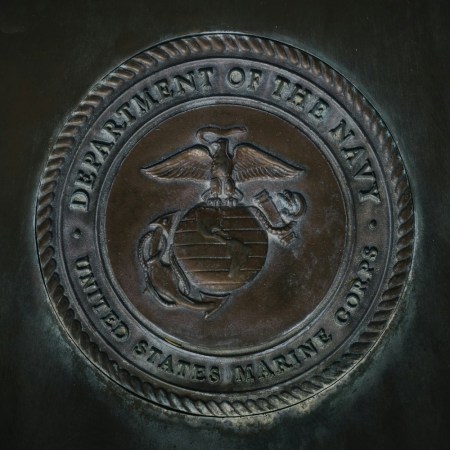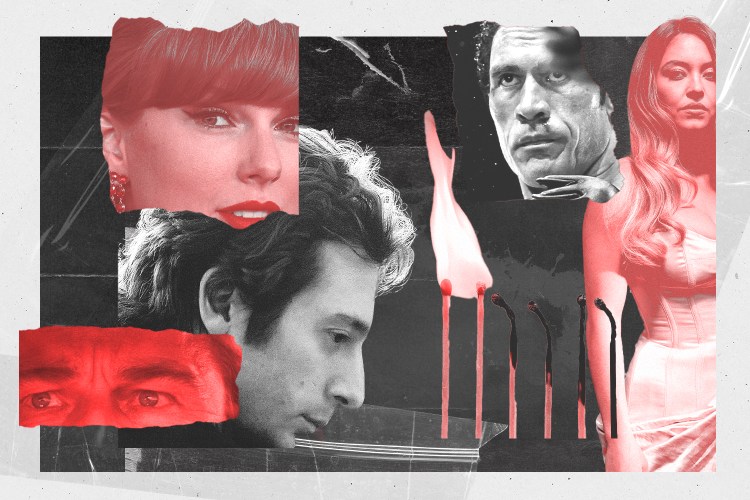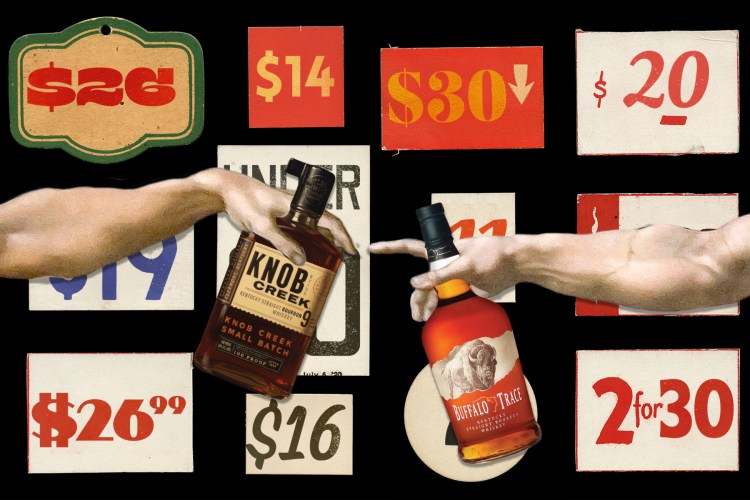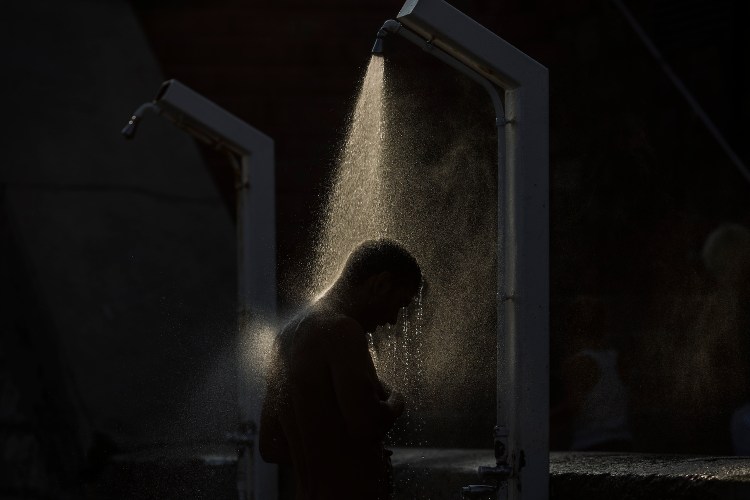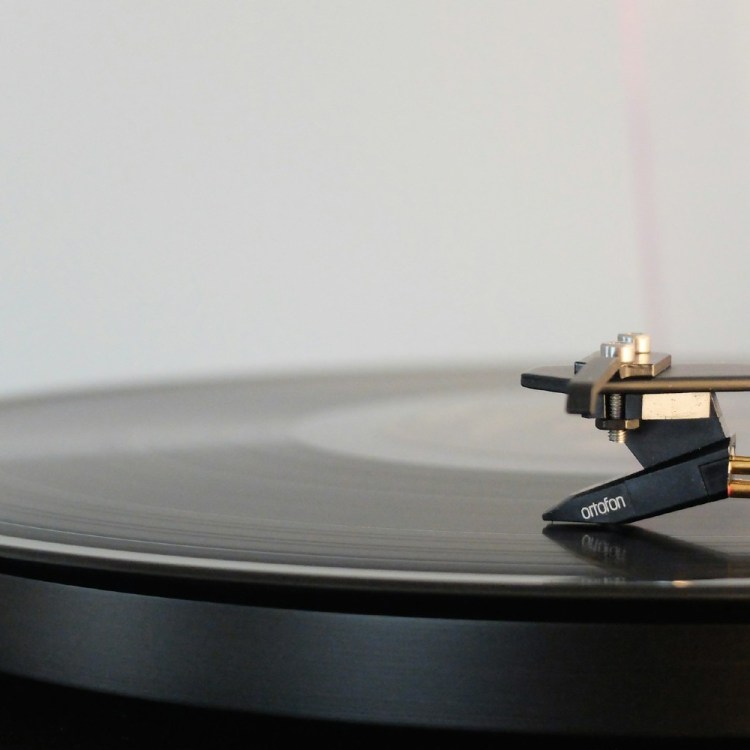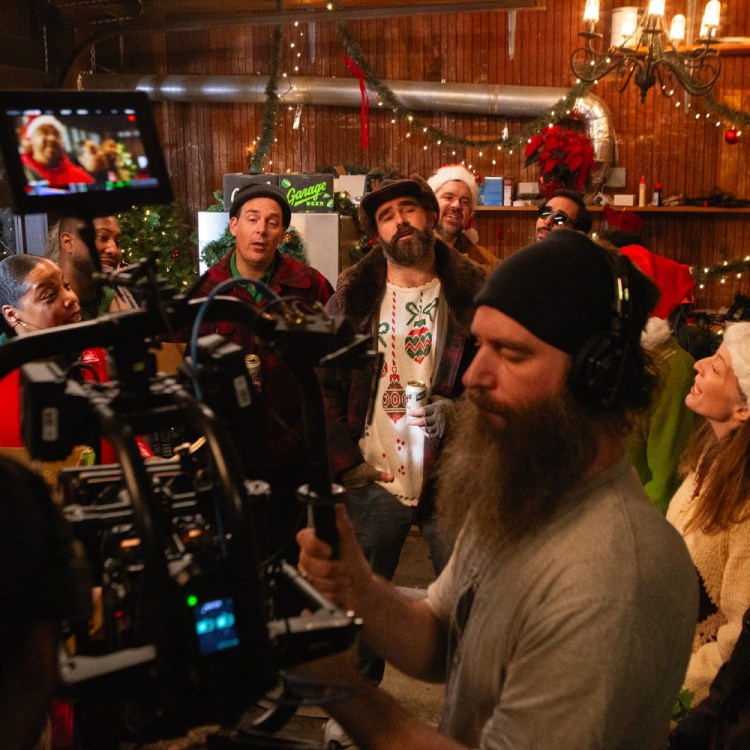Just last week, we were celebrating the fact that one classic rock legend finally was able to buy back the publishing rights to his songs, and today we’re mourning the loss of another who was forced to sell his in order to keep his home.
David Crosby — of The Byrds and Crosby, Stills & Nash (and, at some points, Crosby, Stills, Nash & Young) — passed away on Thursday at the age of 81 after “a long illness,” according to a statement released by his wife. And while loving tributes to the two-time Rock and Roll Hall of Famer (inducted once as a member of The Byrds and again for his work with CSN) are rightfully pouring in, it’s hard not to feel as though the industry that’s honoring him now could’ve done far more for him when he was still living.
Back in 2021, Crosby sold his catalog to Irving Azoff’s Iconic Artists Group for an undisclosed sum of money, and he was candid about the fact that he only agreed to the deal because it would allow him to pay off the mortgage on his home — a residence he claimed to have come dangerously close to losing when the COVID-19 pandemic forced him to cancel his tours.
“That wasn’t a thing I wanted to do, but doing that deal with Irving made it possible for me to not worry about the money,” he told Rolling Stone at the time. “That was really scary. We were really worried we were going to lose it. I couldn’t work live, and I couldn’t make any money doing records. That deal made a difference for us. It really helped a lot.”
To be clear, Crosby wasn’t exactly destitute. We don’t know precisely how much money he got for the rights to his songs, but it was presumably at least several millions of dollars. (For some perspective, Bob Dylan sold his for upwards of $300 million, and Bruce Springsteen’s catalog netted him a whopping $550 million.) But it’s wild to think that someone who has sold over 35 million records and who’s responsible for some of the most beloved songs of the 1960s would have to sell off his intellectual property to keep up with his mortgage payments. As recently as March of last year, Crosby spoke about how he anticipated running out of money entirely in “a couple years” because his deteriorating health left him unable to perform live — the only real way a musician can earn a living these days.
“I don’t like any of the streamers, because they don’t pay us properly,” he said at the time. “Their proportion is wrong. They’re making billions with a b and they’re paying out pennies with a p. That’s not OK. It’s not OK in that it took away half my income, and it’s not OK in that, especially, it makes it impossibly difficult for young people to make it in the business. It doesn’t pay them anything. It’s wrong.”
Crosby’s just one example of a legendary artist forced to push his aging body to its limit and keep touring in order maintain that huge portion of his income. There’s an argument to be made that the pressure to keep performing live contributed to the fentanyl deaths of both Prince and Tom Petty; both were taking the controversial opioid to cope with the severe pain from hip injuries rather than cancel gigs and be sidelined by the surgeries to repair them.
The World According to David Crosby
Revisiting our 2019 interview with the iconic musicianMusicians have to buy their own health insurance, of course, and Crosby endured more than his share of expensive health issues over the years. He struggled with hepatitis C and Type 2 diabetes, and he underwent multiple heart procedures. In 1994, he received a liver transplant (which was paid for at least partly by Phil Collins). Cynics might argue that some of his health and financial problems were self-inflicted, stemming from years of drug addiction and hard living. But while musicians are so often plagued by mental illness and substance abuse, they often have little to no recourse when it comes to addressing those issues; to seek treatment means to get off the road and stop working. Had he not been a legendary musician with a lucrative song catalog to fall back on and a few famous friends to help him out, Crosby likely would have wracked up a horrific amount of medical debt. In other words, if he were just slightly less successful, he probably would have been worried about losing more than just his house.
Crosby himself understood this, of course, and he never minced words when discussing just how harsh the music business is for younger, emerging artists. In fact, last spring, he went so far as to warn young people “don’t become a musician.”
“Don’t become a musician,” he said. “You know how shitty it is for me to say that? You know how much I don’t want to say that? Some bright-eyed young kid who has talent. To the Becca Stevens and the Michelle Willises and the Michael Leagues of this world? To my own son James? I don’t want to say that to them, and it is the truth. I don’t hold out any hope for it at all.”
To be clear, no one is entitled to a career in music, but something is very wrong when one of the most beloved musicians of all time has become so disillusioned by it that he wouldn’t even encourage his own son to pursue it. Back in 2021, Crosby said making music was the one thing “keeping [him] alive.” It’s too bad it couldn’t do more than that.
This article appeared in an InsideHook newsletter. Sign up for free to get more on travel, wellness, style, drinking, and culture.
